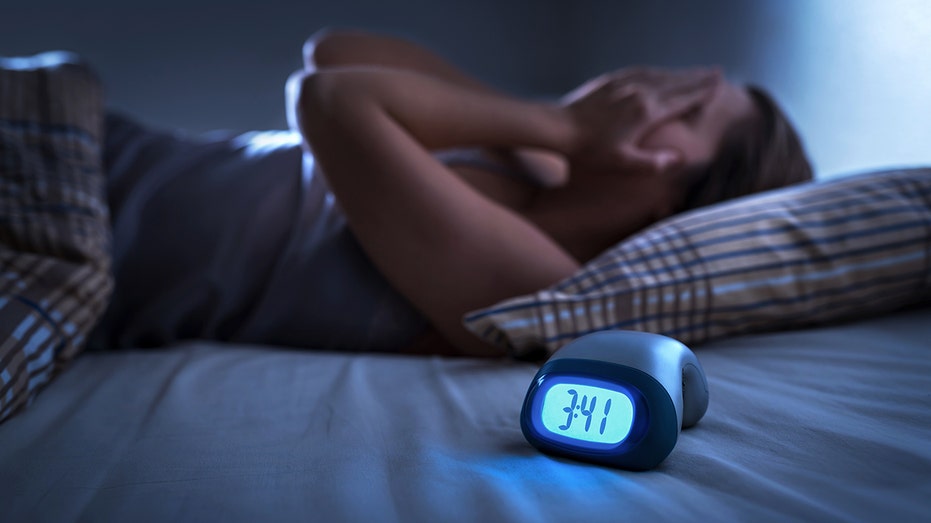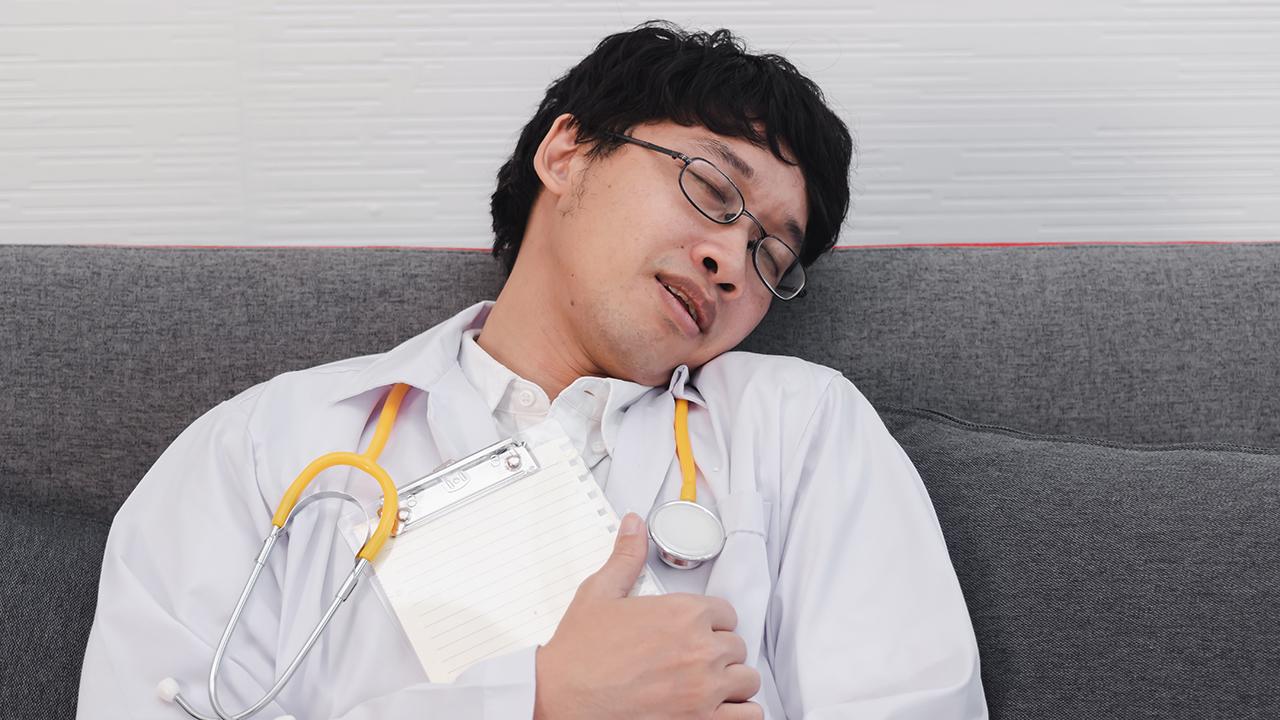How does daylight saving time affect health?
Daylight saving time started as a way to conserve energy
Daylight saving is a dreadful time of year for many Americans.
A research poll conducted by the Associated Press NORC Center for Public Affairs last fall found that 71 percent of respondents want to do away with changing the clocks, with 40 percent in favor of standard time all year-round.

Seventy-one percent of Americans said they'd do away with daylight savings time, according to a poll by AP-NORC Center. (iStock).
While daylight saving, which occurs twice a year -- in March and November -- started as a way to conserve energy, there's myriad research that shows how it negatively affects people's health and wellness.
Research from Michigan State University found that Americans sleep around 40 minutes less the night after daylight saving time starts. And while it may not seem like a lot, sleep deprivation can take a toll on a person's mood for the worse and cause increased stress and anxiety, separate research shows.
The days following daylight saving time, meanwhile, have been correlated with a 10 percent increase in heart attacks, according to a 2012 study from the University of Alabama at Birmingham.
“Exactly why this happens is not known but there are several theories,” UAB associate professor Martin Young told UAB News, adding: “Sleep deprivation, the body’s circadian clock and immune responses all can come into play when considering reasons that changing the time by an hour can be detrimental to someone’s health.”
ONLINE MATTRESS RETAILER CASPER SLEEP FILES FOR US IPO
In most severe cases, sleep deprivation, Young said, can change the body’s inflammatory response which can contribute to a heart attack.
And daylight saving has also been proven to negatively impact the workforce. A 2009 study of miners found that workers sustained more injuries on the Monday they returned to work after daylight saving due to tiredness.




















